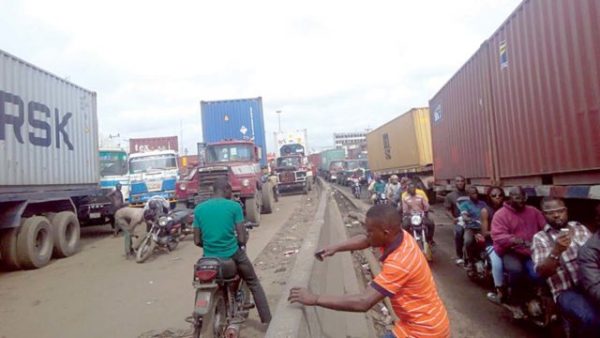Nigerian Seaports: Multiple Taxation And Regulations
The aim of every port user is to transact business with ease as well as maximize profits while rendering service. However, the cost of doing business at the Nigerian seaport is relatively high compared to ports in other countries within the sub-region. This fiscal burden affects importers, service providers and end users of imported products.
Nigerian seaports are currently flooded with levies and charges which are similar to one another but under different names and nomenclature even as the nation is still battling the impact of the COVID-19 pandemic.
Nigeria Port Authority (NPA) statutory functions and duties are to develop the port, maintain the facilities, equipment, provide safety and security among other functions. NPA previously charged N10,000 per truck for inspection and certification to acquire stickers, but the new Eto initiative comes at a registration cost of N10, 000 per trip.
The Nigeria Shippers Council (NSC) is burdened with the onus of intervening and protecting shippers especially on economic issues which is captured in its port economic regulatory mandate. However, in a bid to attain regulation of service providers it also came up with a series of fees ranging from N5, 000 to N50, 000 to register all port users.
While the Council for the Regulation of Freight Forwarding in Nigeria (CRFFN) statutory function is to regulate standards, practice and professionals in the entire freight forwarding system which includes truck haulage business. CRFFN, however, is embattled with the controversial collection of Practitioners Operating Fee (POF) at the ports.
Not forgetting the regulation of inland waterways, jetties and barge operators which became glaring following recent accidents on the waterways. These clearly show that there is no sufficient regulation of the system between NPA, Nigerian Maritime Administration and Safety Agency (NIMASA) and National Inland Waterways Authority (NIWA) resulting into influx of illegal barge operators and substandard jetties and barges.
NPA is charged with regulation of barging as it affects licensing and badge operators, NIMASA is regulating the standards of badges as it affects security while NIWA takes responsibility for inland waterways. Suffice to say that these three have not yet effectively regulated barging operations.
In the West Africa sub region, Nigeria is the costliest place to clear cargoes. Charges at every point of registration for port users will definitely reflect on the price of consumable goods in the country because everyone in the port business wants to make profit.
While it is necessary to know the numbers of service providers and port users, it is pertinent to say that regulatory bodies should be more concerned about safety, sanity and regulations rather than revenue collection.
It is also expected that data banks should be made available which can be synchronized, shared and updated by all relevant regulatory agencies in the maritime sector.







